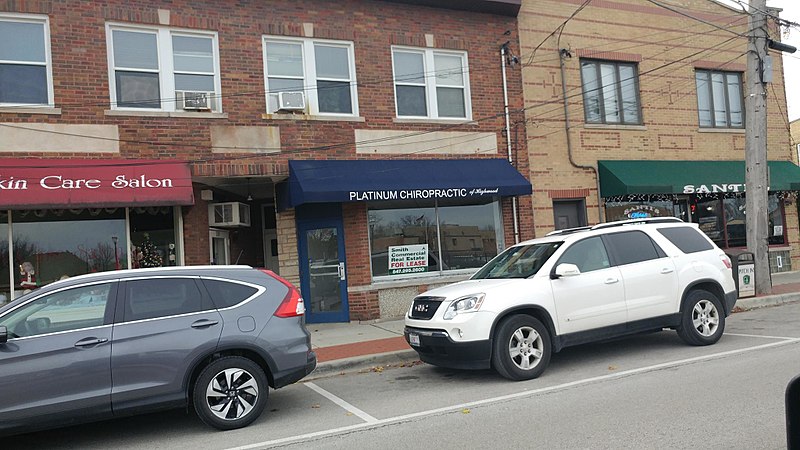
Surprise automotive repairs can ruin your day, but repeated, unfixable problems with your brand-new vehicle can ruin more than just one day. A lemon vehicle can quickly become an expensive mill stone around your neck, affecting your everyday life, family and career. Excitement over your new vehicle quickly turns to disappointment and worry; how will you go to work, take the kids to school or go grocery shopping when your new car is in the shop?
Surprise automotive repairs can ruin your day, but repeated, unfixable problems with your brand-new vehicle can ruin more than just one day. A lemon vehicle can quickly become an expensive mill stone around your neck, affecting your everyday life, family and career. Excitement over your new vehicle quickly turns to disappointment and worry; how will you go to work, take the kids to school or go grocery shopping when your new car is in the shop?
State lemon laws vary across the country in what they protect, how long consumers have to engage with them, and whether leasees are protected. All state laws, however, focus on one specific purpose: protecting consumers whose new vehicles develop unrepairable, repetitive defects. These vehicles are colloquially known as lemons. These laws call these defects “nonconformities” as they throw the vehicle out of conformity with the vehicle’s warranty. When the manufacturer fails to uphold this warranty, lemon laws help consumers get the compensation they legally deserve.
Nonconformities include serious problems that affect a vehicle’s safety, including defective airbags and other occupant safety systems, leaking fuel lines, or faulty brakes. They also cover problems that prevent proper use, like an engine that won’t start or a transmission that shudders or jerks. Finally, the law covers problems that may seem minor but negatively affect a vehicle’s value, including foul smells, consistent rattling noises or malfunctioning air conditioning or sound systems.
Each state lemon law requires a vehicle undergo unsuccessful repairs a certain number of times within a given time frame to qualify as a lemon. For example, a vehicle in Texas must undergo repairs four times without success. Two of those attempts must occur within a year of the vehicle’s initial delivery or 12,000 miles driven, and the next two must occur within a year or 12,000 miles of the first repair attempt. However, if the problem in question is considered a “serious safety problem,” the number of required attempts falls to two. These requirements change from state to state, so be sure to check with a qualified lemon law attorney before making any major decisions.

State lemon laws will also confer a vehicle lemon status if it remains in the shop for a certain amount of time, regardless of how many repair attempts were made. In Texas, for example, if a vehicle is out of service for repair for 30 or more days during the first two years of ownership or 24,000 miles driven, the vehicle earns lemon status. Some states require fewer days, while others require more. Some days require consecutive days out of service, while others combine all the days cumulatively.
A federal law, the Magnuson Moss Warranty Act of 1975, adds an additional layer of protection atop state laws. The Act protects all Americans regardless of where they live or purchased or leased their vehicle. It forces all companies, including vehicle manufacturers, to use easily understood language in their warranties and empowers the Federal Trade Commission to enforce those warranties. When companies fall short, lemon law attorneys can use the Magnuson-Moss Warranty Act to sue them and get consumers the compensation they deserve.
Some states do not extend their lemon law protections to lessees. Arizona, for example, does not protect lessees under its lemon law. An Arizona Supreme Court decision in 2006 stated the leasing company technically owns the vehicle, effectively renting the vehicle to the end consumer. Therefore under the Arizona state law, the leasing company is protected by the lemon law and not the lessee.
Consumers considering a leased vehicle should check ahead of time what protections their state’s lemon law offers lessees. They should also make sure their lender offers protections in case of defect that includes the vehicle’s year, make, model and Vehicle Identification Number. If the lessor won’t offer these protections, consider looking elsewhere.
The Magnuson-Moss Warranty Act, however, protects lessees in the same way it protects consumers who purchase the vehicle. Andrew Ross, lemon law attorney with Allen Stewart P.C., said consumers with leased vehicles are generally able to seek the same remedies under the Magnuson-Moss Warranty Act as those who have purchased their vehicles. Even if a state lemon law doesn’t protect a leasing consumer, the federal law can.
The Federal Trade Commission states that a “majority of courts hold that the MMWA applies to certain leases, consistent with past agency guidance.”
Just because you leased your vehicle doesn’t mean you have no lemon law protections. The lemon law attorneys of Allen Stewart P.C. will examine the details of your claim and stand up for your rights. Our lemon law lawyers have combined decades of experience taking on automotive manufacturers on behalf of everyday consumers and winning. However, statutes of limitations mean the longer you wait to file a claim, the harder it can be to get the compensation you deserve.
Don’t wait any longer, contact the office of Allen Stewart P.C. today and get back on the road.
